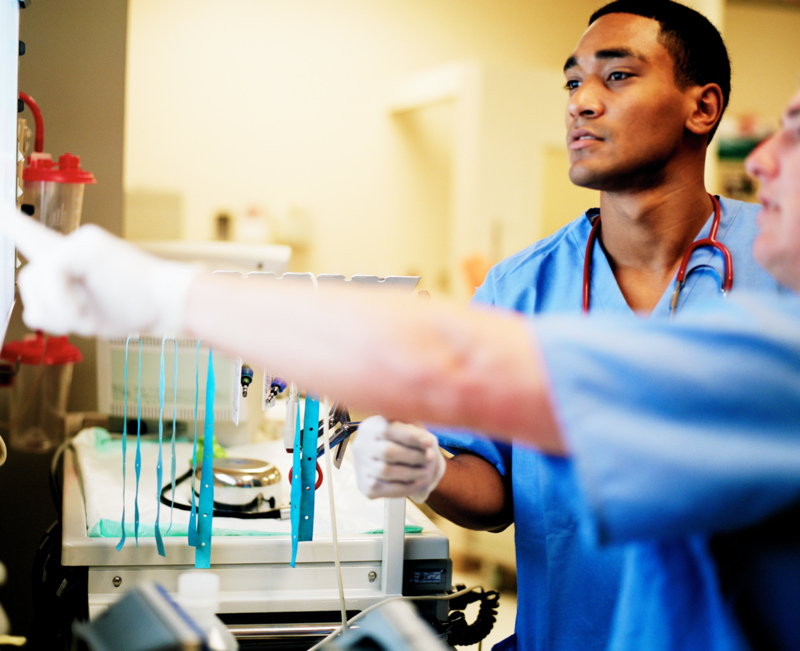
Here are some of the latest health and medical news developments, compiled by the editors of HealthDay:
Medical Marijuana Advocates Push for Drug’s Reclassification
A federal appeals court is considering whether the U.S. Drug Enforcement Administration should hold a hearing on reclassifying marijuana.
Marijuana is currently listed as a dangerous drug with no accepted medical use, placing it in the same category as drugs such as heroin. Last year, medical marijuana advocates petitioned the DEA to change marijuana’s classification, the Associated Press reported.
The DEA rejected the petition, saying that there wasn’t a consensus of medical opinion on the use of marijuana for medical purposes. The medical marijuana advocates have asked the U.S. Court of Appeals for the District of Columbia Circuit to force the DEA to hold a hearing on the issue.
On Tuesday, a lawyer for the medical marijuana advocates told the court that the DEA had misapplied the law, while a government lawyer urged the judges to deny the advocates’ request, the AP reported.
—–
More Hospitals Ban Free Infant Formula Samples
A nationwide effort to stop new mothers from receiving free infant formula samples appears to be having an effect.
In 2011, nearly half of about 2,600 hospitals in a survey by the U.S. Centers for Disease Control and Prevention said they no longer gave formula samples to breastfeeding mothers, up from one-quarter of hospitals in 2007. The survey did not ask about giving samples to non-nursing mothers, The New York Times reported.
The health authorities and breastfeeding advocates leading the effort to ban formula samples say the samples — which often come in fashionable bags with infant formula company logos — can lure women away from breastfeeding.
Their campaign is leading to changes. For example, all hospitals in Massachusetts and Rhode Island have halted free formula samples, and 24 hospitals in Oklahoma recently agreed to a ban, The Times reported.
Formula makers and some mothers say the samples are a healthy alternative that can provide relief if breastfeeding causes fatigue, pain or frustration. They dispute the charge that the samples can sway mothers from breastfeeding.
“We’re not anti-formula,” Dr. Melissa Bartick, a founder of Ban the Bags, a breast-feeding advocacy group, The Times reported. “If a woman makes an informed choice to formula-feed, the hospital should provide that formula. But hospitals shouldn’t be marketing it.”
—–
Bra Device Detects Early Breast Cancer: Company
A U.S. company says it has created a bra device that can detect early signs of breast cancer.
The Breast Tissue Screening Bra can detect tumors before a self-test or mammogram would, according to First Warning Systems of Reno, Nev., CBS News reported.
A doctor would give the bra to a woman to wear for 12 hours. During that time, 16 temperature sensors in the cup would scan for deep tissue temperature changes that could indicate the growth of new blood vessels to feed a tumor. In addition, pattern recognition software would detect breast tissue irregularities.
In three clinical trials involving a total of 650 women, the bra was more than 90 percent accurate in detecting breast cancer, according to the company, CBS News reported.
The company plans to release the bra in Europe next year. Depending on FDA approval, it could be available in the U.S. as soon as 2014. The company didn’t disclose the cost of the bra, but said each individual test will be about $25.
—–

